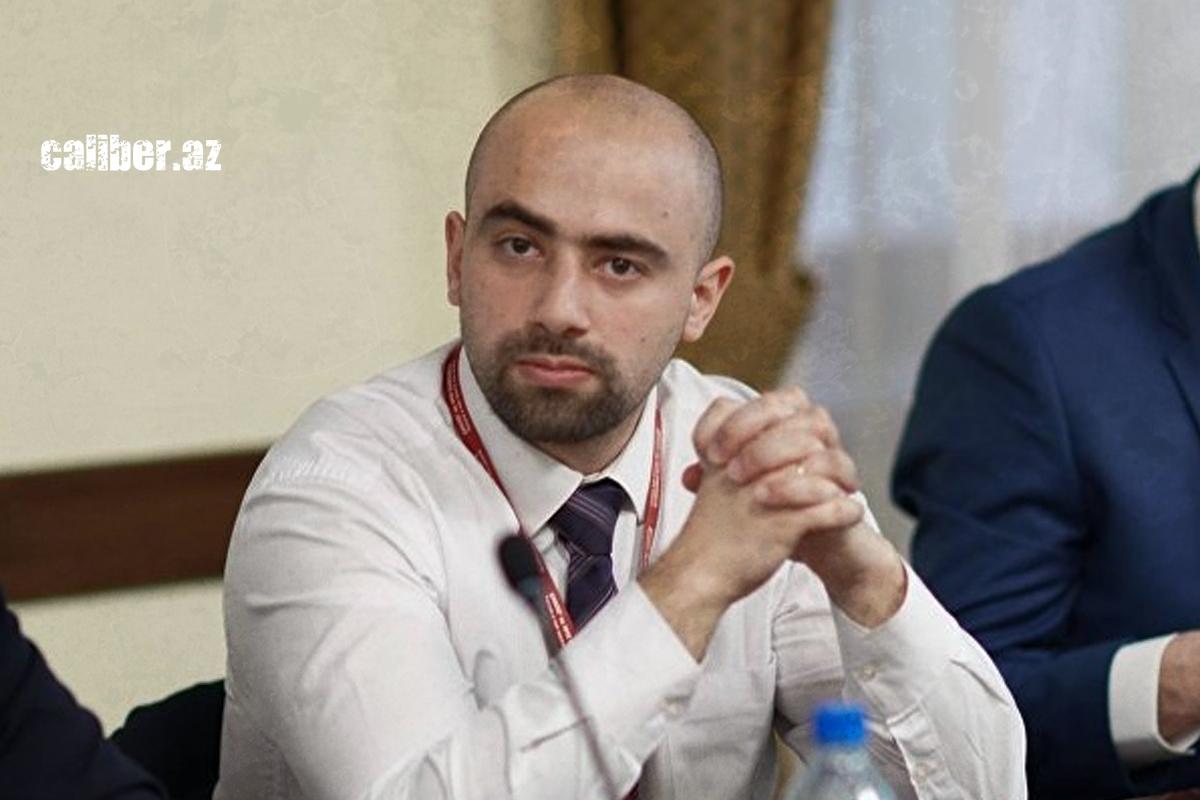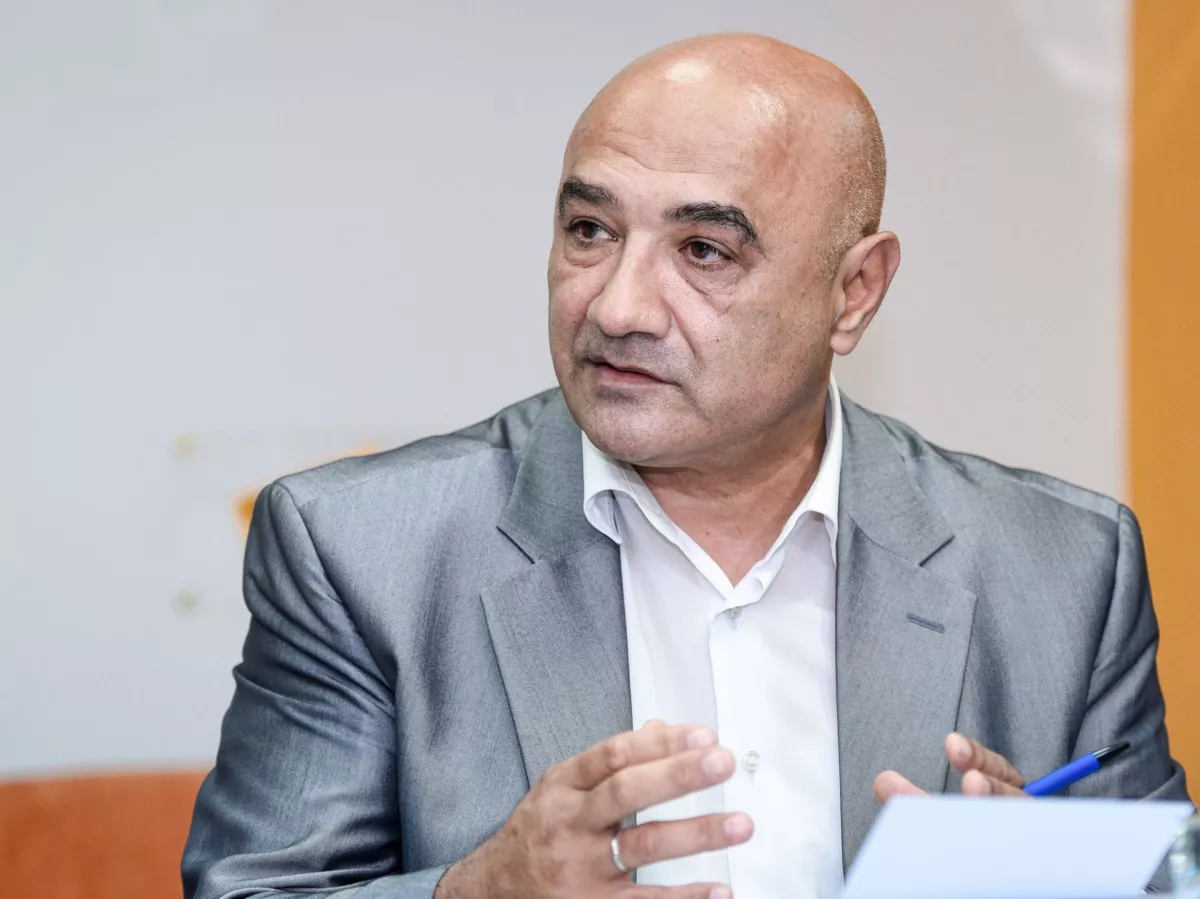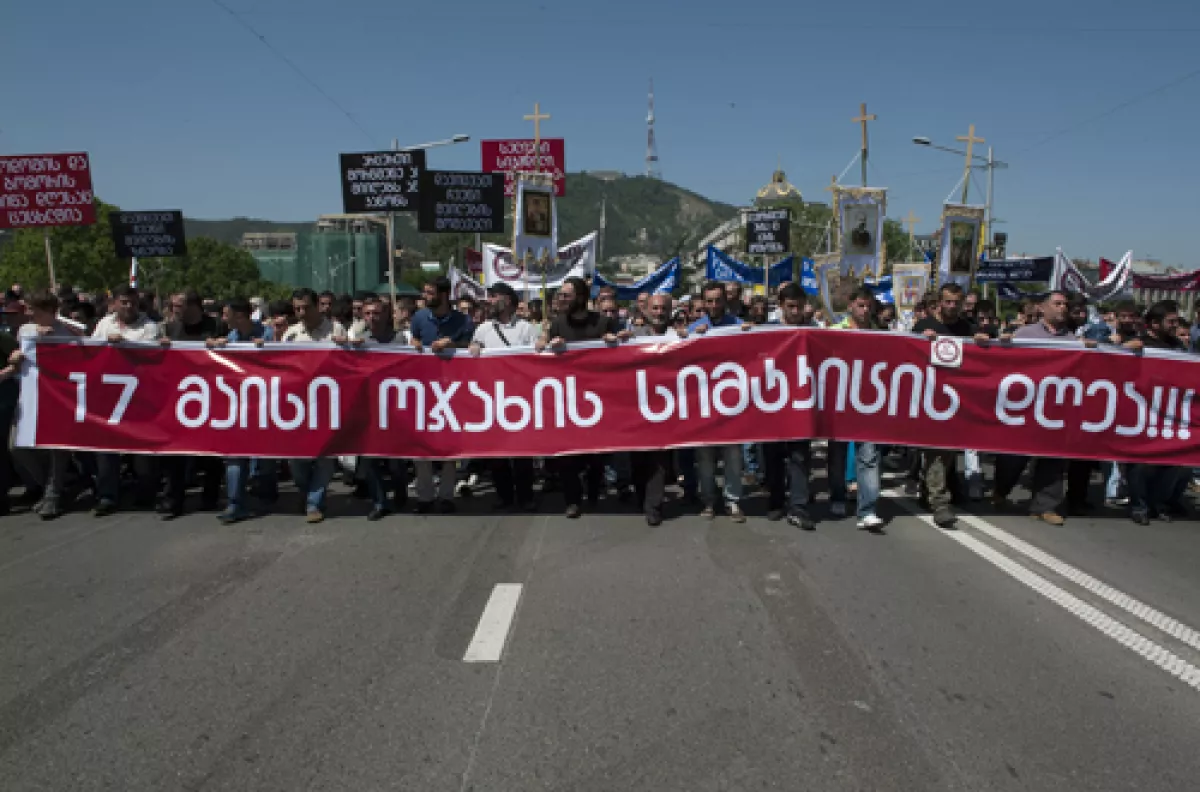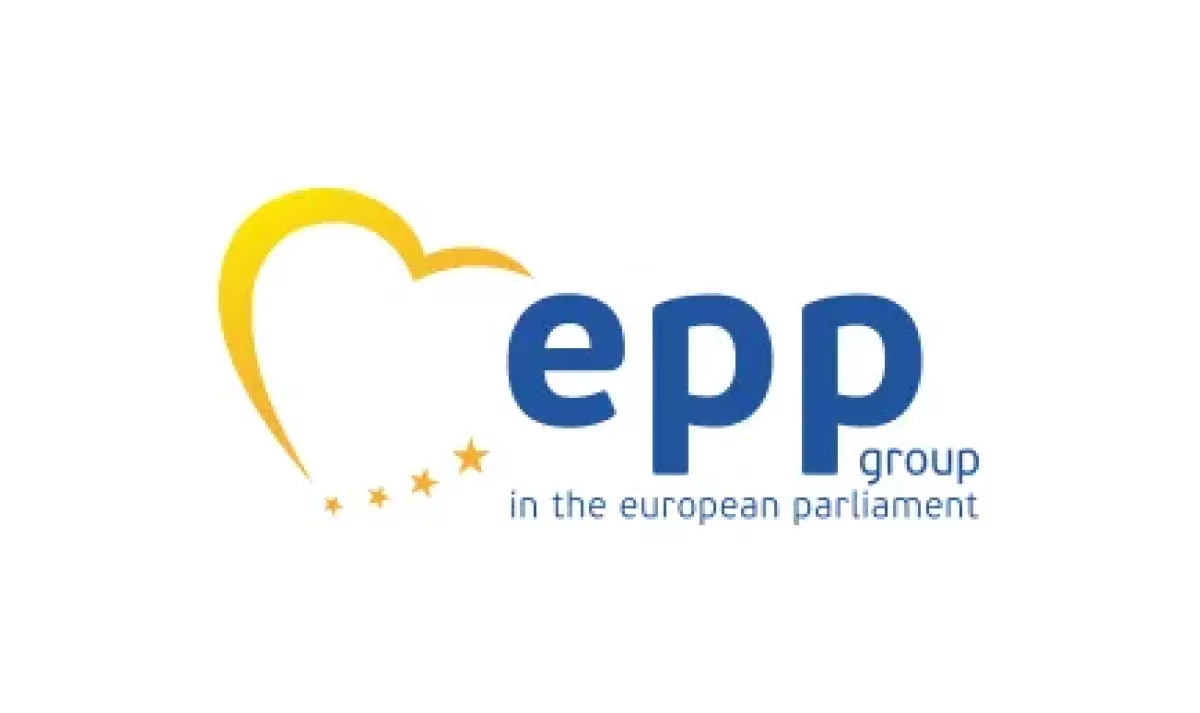Europe pressures, Georgia holds firm Experts weigh in on EPP’s resolution
The largest faction in the European Parliament, the European People's Party (EPP), has adopted a new resolution on Georgia at its congress in Seville. The document calls for EU member states to impose personal and sectoral sanctions on Bidzina Ivanishvili, the founder and honorary chairman of the ruling party "Georgian Dream," and his closest associates.
The EPP demands the freezing of Ivanishvili's assets and those of his family members in EU countries, as well as disconnecting the Cartu Bank, a financial institution closely linked to the oligarch, from the international payment infrastructure of SWIFT, Visa, and Mastercard. The party also calls for sectoral sanctions against companies associated with Ivanishvili in the field of non-ferrous metal mining.

What could the EPP resolution mean for Georgia? Indeed, the European People's Party (EPP) does not have the authority to impose sanctions. However, if its position is supported by the European Parliament and taken into account by the European Commission, it could lead to the discussion of concrete measures at the EU level. The European Commission, in turn, after consultations with the EU Council, has the power to initiate actual sanctions on behalf of the entire European Union. This would serve as an additional lever of pressure from Europe on Tbilisi.
The question arises: could this result in a complete breakdown of relations between the EU and Georgia? And do decision-makers in Brussels fully grasp the potential consequences?
Prominent analysts shared their insights on the matter with Caliber.Az.

Georgian political analyst and founder of the SIKHA Foundation research centre, Archil Sikharulidze, notes that the EPP's decision has nothing to do with real politics.
"This party, currently led mostly by individuals from the Baltic states, is playing a very radical geopolitical game. Their statements, to be frank, do not damage their own image as much as they undermine Europe’s position and perception in Georgia. I really don’t understand who is advising them — to sanction Bidzina Ivanishvili, to cut off Cartu, to basically disconnect Georgia from everything,” the researcher says.
He emphasises that all of this strongly resembles the kind of policy once pursued by the Russian Federation — expelling Georgians, banning Borjomi, and assuming that such methods could turn the Georgian people against the Saakashvili government.
"The more such reckless initiatives Europe puts forward, the more it repeats the same mistakes Russia once made. And all of that didn’t lead to Georgia turning towards Russia — it only pushed Georgia further away from the Russian Federation.
The European Union must realise that it has very few tools to exert real pressure on Georgia. Threats of sanctions will only convince the majority of the Georgian population that, when it comes to defending its interests, Europe is no different from Russia.
But for now, we shouldn't expect actual sanctions against Ivanishvili or any drastic measures. At this stage, it’s simply populism," Sikharulidze believes.

Political analyst and senior adviser at the Baku International Multiculturalism Center, Tofig Abbasov, believes that what we are witnessing once again is hypocrisy and one-sided approaches from European institutions.
"The EPP is making a fuss over a free individual who, in essence, is a reformer at heart and, in a way, I would say, a saviour of Georgia. When he came to power, Georgia was on the verge of disintegration. And in October of last year, the blatant interference of European institutions in Georgia's internal affairs created an unbearable situation in the country. Suddenly, the nation found itself on the brink of civil unrest.
All of this was done to prevent free elections in the country, to meddle in the parliamentary will of the people, and ultimately to predetermine the direction of the Republic of Georgia towards the West.
But the people chose differently.
During the years that the Georgian Dream party, founded by Bidzina Ivanishvili, has been in power, the socio-political climate in the country has significantly improved. This improvement occurred alongside the activity of the civil sector, which was almost entirely nurtured by financial flows from the Western world — we know that over 20,000 NGOs operated in the country. At the same time, other institutions emerged, especially those advocating for a balanced policy from official Tbilisi, emphasising that a one-sided orientation is not the answer.
In other words: pro-Western orientation? Fine, if one believes that is appropriate. But there are also other viewpoints — alternative opinions among Georgian voters who are ready to support a multi-vector foreign policy.
And in this context, as the parliamentary elections drew closer, some very troubling trends began to emerge in Georgia.
Street marches by one group sparked rejection from the other. Opponents clashed openly, and Western values — alien to Georgian society — were promoted in a crude, heavy-handed manner. This included, for instance, the promotion of LGBT traditions, transgender identities, same-sex marriage, and so on.
This stirred up deep resentment among a broad segment of society that firmly stood for preserving national unity and remaining true to the values and traditions of their forefathers.
The Georgian Orthodox Church has always advocated for the protection of the traditional way of life. And the open promotion of homosexuality, transgenderism, same-sex marriages, and related topics provoked an extremely negative response across society. On several occasions, minority pride marches were held, leading to physical altercations and violent confrontations.

And once, at the call of Ilia II, the Patriarch of the Georgian Orthodox Church, a march was held in Tbilisi that gathered over 300,000 people. This was a powerful response from society to the minority groups who were zealously proclaiming the superiority of Western values, advocating for same-sex marriage, moral permissiveness, and drawing young people into these decadent trends,” the expert recounts.
This, he says, meant that the people clearly stated: we do not want that kind of freedom. “To us, it threatens moral decline and societal division.
The peak of this divide — one side leaning pro-European under Western influence, the other opposing it — came during the most recent parliamentary elections. That is why the current attempts by European institutions to pressure Georgian society, and even to brand the country as an ‘enemy of humanity’ (for reasons unclear), undoubtedly point to what can be called a ‘democratic’ dictatorship.
Because democracy, if it derives its strength from coercion, is no longer democracy. Democracy is not an end in itself — it is a tool.
That’s why society must be given the freedom to choose.
And in this context, I believe that Bidzina Ivanishvili simply sensed the pulse of public life and understood the mindset of the majority — people who do not want blind submission to Western traditions imposed by force.
So why, then, declare this man or the party he founded illegitimate, when the majority of the population votes for it? That is, of course, unacceptable, because the West has come to realise one simple truth. For many years, since the time of Saakashvili, organisations like USAID, Human Rights Watch, and others have essentially ‘purchased’ Georgian youth — encouraging them to blindly follow foreign traditions and values, cutting ties with the customs of their fathers and grandfathers.
Over at least two and a half decades, they invested enormous sums into Georgia’s civil sector. And when last autumn’s elections failed to deliver results for those who had sponsored this ‘democratic surge,’ they came to the realisation that all of their efforts had ultimately been in vain.
Hence, the hardening of their stance. The politicians who had overseen these processes, the institutions that had sponsored colour revolutions, suddenly recognised their own weakness.
On the Georgian front, they had no option left but to launch a blanket offensive — attempting to overturn the results of the parliamentary elections in order to force a rerun.
But this move failed to gain traction within Georgian society. People respect their votes and value their choices. They realised they were being subjected to unbearable pressure, effectively being told to revoke their decisions, abandon their opinions, and return to the ballot box for a second round of what would essentially be rigged elections.
That is why the actions now taken by the EPP, Western institutions, the European Parliament, and the so-called civil sector of the Western community do not align with any rational understanding of democracy.
It seems to me we are witnessing a dangerous precedent — one where the West is trying to forcefully impose its model, demanding that Georgia accept it. This must be firmly rejected. Such pressure is completely unacceptable.

The EPP resolution is a deeply harmful precedent that exposes just how undemocratic the West itself can be. They are essentially imposing their own absolutism — and that kind of arrogance inevitably provokes revulsion among the majority of people.
What the European Parliament might do under pressure from the EPP defies all reason. It's something that must never be allowed to happen.
I believe the Georgian people deserve precisely the kind of freedom they have fought — and continue to fight — for. And they will stand for it until the very end. That is only natural," said Abbasov.








